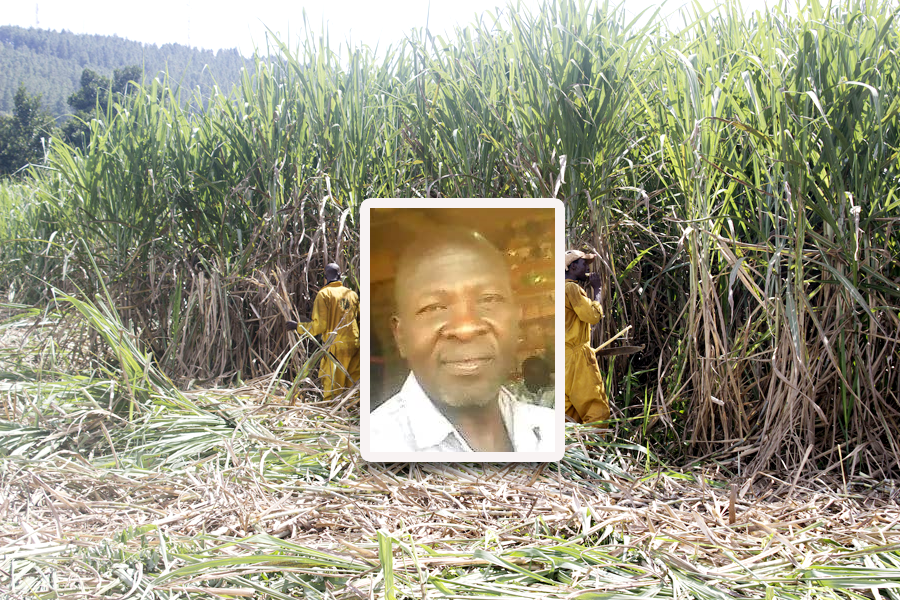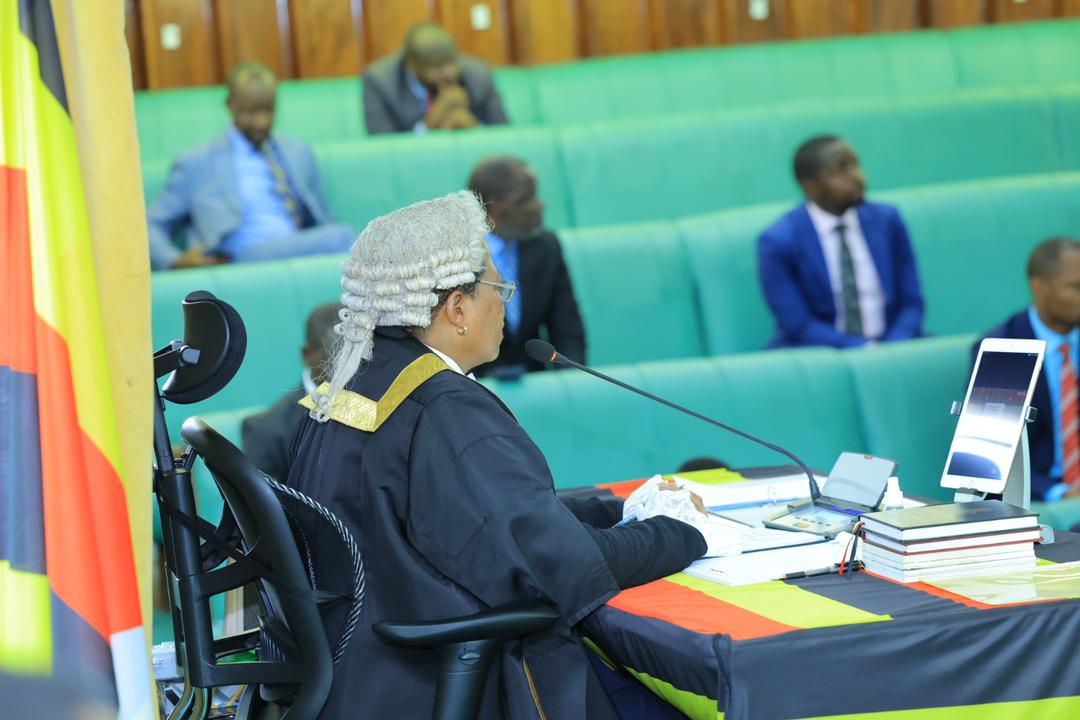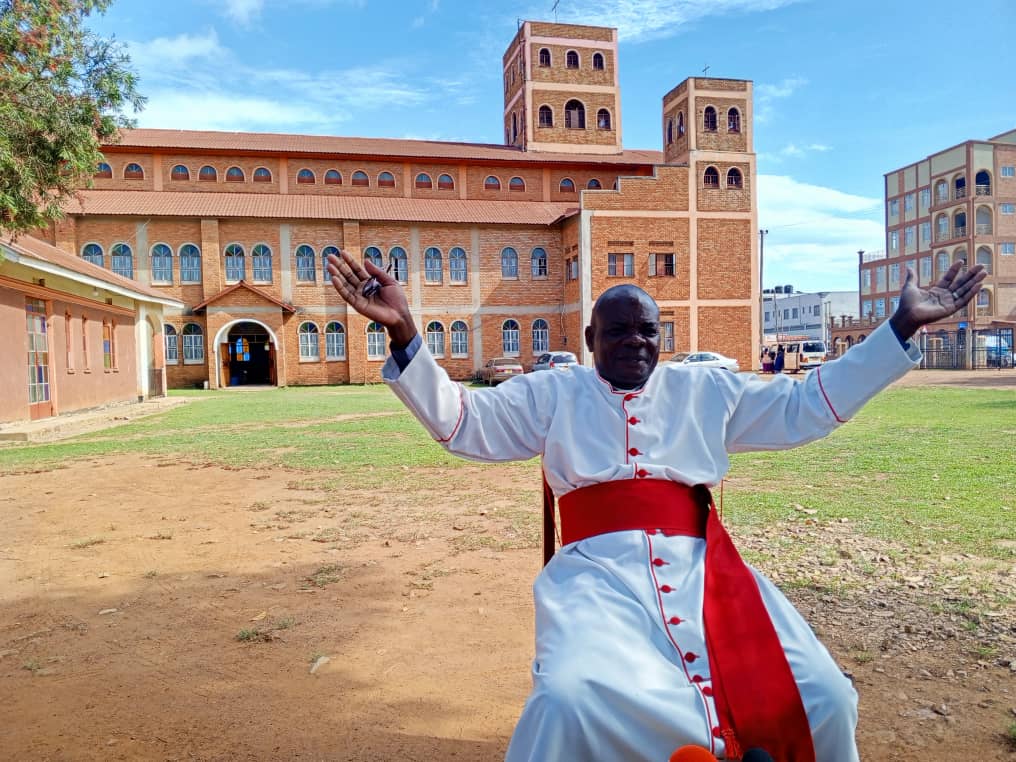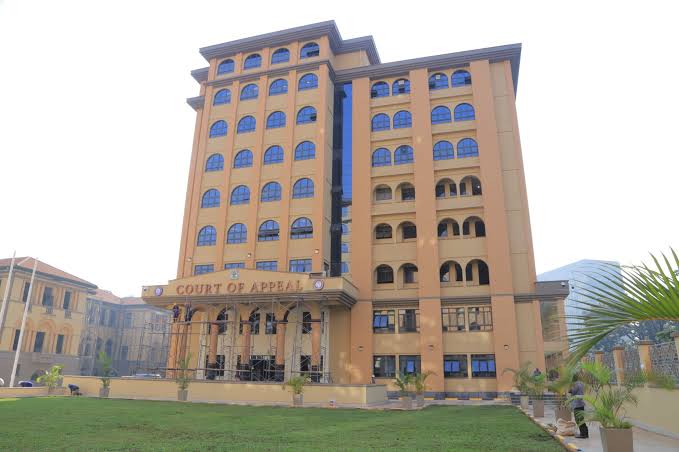Opinion: What Bibanja holders want is security of tenure
A Chinese peasant interviewed by W. R Geddes of the “Publication peasant’s life in Communist China” published in Sydney Australia in 1963 is quoted to have stated that, “land is there.
You can see it every day. Robbers cannot take it away.
The incentive to hold land is directly related to the sense of security”. It is this security of tenure which has eluded the bibanja holders for a period spurning over 120years.
Writing about the mailo system in Uganda decades ago H. W. West had suggested that the kibanja holder could get security of tenure by being encouraged to buy from the mailo owner the land they occupy.
The problem which H.W. West was trying to solve was the contradiction in the mailo system where the kibanja holder is in physical possession of the land occupies, but lacks legal title.
On the other hand there is the mailo owner who has legal title but no physical possession.
The irony of ironies is that the titled mailo owners have held their legal titles for over a century and yet there is practically nothing they can show in terms of agricultural development.
It is the peasants on their small Bibanja, over which they have no legal title, who have been the engine of development for the last century.
It is on their backs that Uganda emerged the world six producer of coffee.
Bibanja holders grow all the staple food. They feed the nation but have no legal ownership on the land they teal.
It is these heroes on whom the nation relies for survivor who ironically have no place to call home in their own Country as they can be evicted anytime by the mailo owner who has no physical possessions but owns that piece of paper called “land title”.
This title gives him legal superiority over the kibanja holder- evicting him at will. This is the moral, economic and legal justification for changing the status of bibanja holders not to be called mailo tenants any more.
They have to be recognised as holders of a tenancy which gives them security of tenure in perpetuity.
A tenure system is just a name or identity signifying the duration of ownership and the legal rights contained under that ownership duration.
This ownership could be either perpetual or for a specified period of time-usually called a lease.
The 1995 Constitution of the Republic of Uganda and the Land Act recognise four land tenure systems namely, the freehold tenure, mailo tenure, customary tenure and leasehold.
In addition, the Land Act recognises the rights of lawful, and bonafide occupants on land.
Mailo as a tenure system already covers almost the whole Buganda sub-region. Prudence dictates against the creation of another (second) mailo tenure.
Yet bibanja holder’s quest is ownership in perpetuity.
As indicated, the constitution provides for owners of customary land to acquire freehold titles. Consequently bibanja holders like owners of customary land, should qualify for freehold titles.
The land area occupied by Buganda sub-region will remain the same, Baganda will retain their customs and traditional lifestyle. A freehold title will only mean a transition from being an insecure kibanja holder to a land owner with complete security of tenure.
The author is State Minister for Lands
Smayanja@kaa.co.ug www.kaa.co.ug













